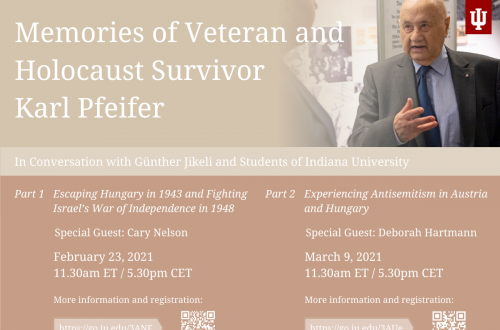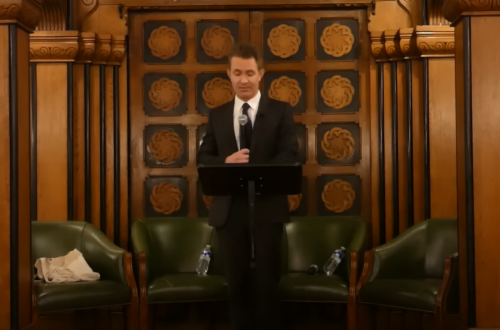This is a cross-post from the Jerusalem Post by Lyn Julius
In the neglected history of Jews from Arab countries, 1941 is remembered as the year of the (1/ 2 June) Farhud, the brutal Nazi-inspired pogrom against the Jews of Iraq, which claimed at least 179 lives. But a mini-Farhud also took place in Tunisia almost exactly 73 years ago, an event scarcely mentioned by Tunisian Jews eager to reminisce about their idyllic childhoods.
In Tunisia too, feverish pro-Nazi sentiment had spread. On 20 May 1941, the Arabs of Gabes, fired up by the propaganda of the Grand Mufti Haj Amin al- Husseini and the defeat of France by the Nazis, murdered seven Jews on the Place de La Synagogue in what became know as the Gabes pogrom.
Avraham Bar-Shay (Benattia) was there, and was almost murdered too, together with his father. The victims included his uncle Azzar and 10-year-old girl cousin.”I recall being betrayed by our Arab neighbours, our colleagues and friends,” writes Bar-Shay in Harissa, the Tunisian-Jewish website.” Our existence as a minority was not always a tranquil one.”
He researched the Harissa archives and found not one mention of the tragedy. Not many have even heard of it. So he put together an account based on three versions of events. He himself was only four years old at the time and does not have a clear memory of what happened.
Bar-Shay’s parents told him that a hoard of excited Arabs had invaded Djara, the centre of Gabes. Among the seven killed were Bar-Shay’s uncle Azzar Benattia and his 10-year-old daughter. His mother Gracia was left for dead, her skull bludgeoned open: yet she survived. Their house nearby was ransacked and looted. Bar Shay’s 12-year-old cousin Nissim miraculously escaped with his life.
Among the pogrom’s instigators were Azzar Benattia’s best Arab friends. Benattia was known throughout the town as a great friend of the Arabs. It was said that he was a member of a party fighting for Tunisian independence. He lived amongst them and had adopted their habits. The Jews resented his anti-French Protectorate stance. Afterwards, the family said little about the tragedy. Some Jewish neighbours believed Azzar knew that a pogrom was being planned but failed to warn the Jewish community, believing that the unrest would be directed against the French.
France was under Nazi occupation and the Tunisian police force was under the yoke of the Vichy authorities. Some Arabs thought it was an opportune moment to take advantage of the colonising power’s weakness. Bar-Shay’s mother never understood why their anger was directed against the Jews, why the community’s closest Arab friends had betrayed them, or why the local police took hours to get there.
That evening, Bar-Shay was on his way to evening service (Arbit) at the synagogue, as he did every evening. His father would stop en route to have a glass of the popular Lagmi (fermented date palm juice) in a tavern. This is where he heard the cries of Jews fleeing and seeking shelter at every open door.
“We threw ourselves to the ground and locked the doors until calm had returned. That small glass of liquor saved our lives,” he wrote.
You can read the rest of Lyn’s post here


